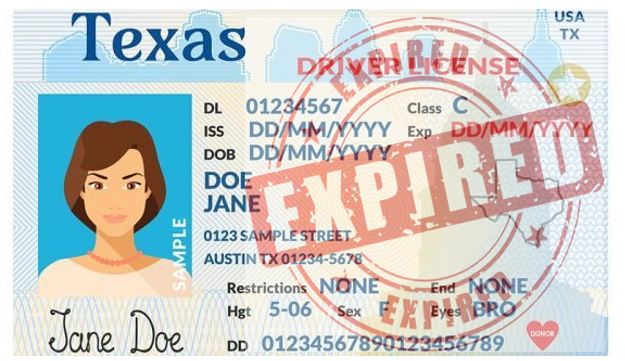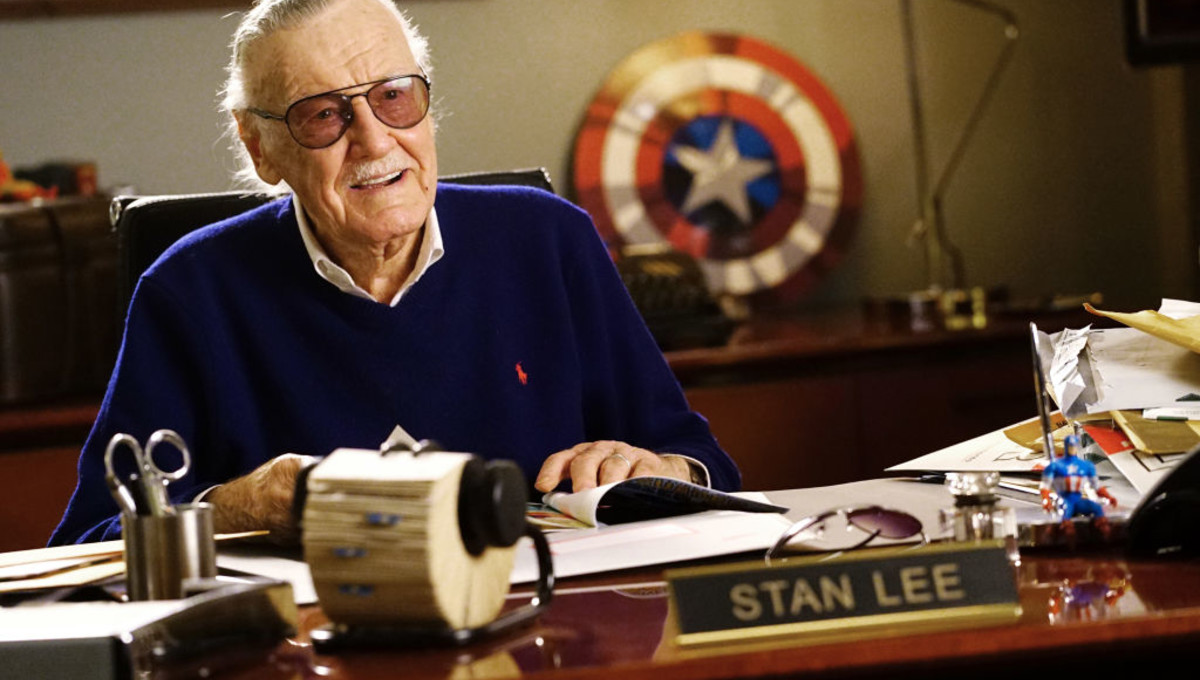You will need valid photo identification for the remainder of your life. From signing legal documents to opening new bank accounts, government offices and financial organizations require valid picture identification to legally transact business. So it is concerning to learn that most elderly individuals do not have any valid photo ID, and downright frustrating to realize this lack of legal photo identification can cost families tens of thousands of dollars during the last years of their loved ones’ lives. As we age, our photo identification expires and is not renewed for mostly predictable reasons: People no longer plan on traveling so they do not renew their passport, they move in with a family member or to an assisted living




















